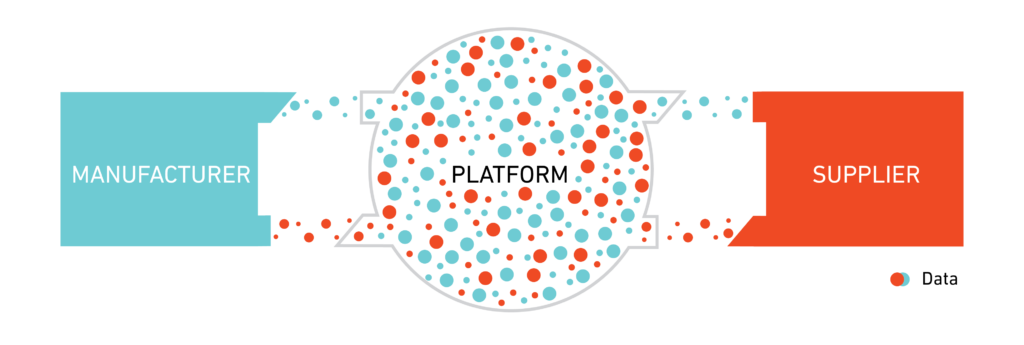How Manufacturers Can Use Data Platforms to Launch New Profit Centers

Elsie Jamin-Maguire
Manager, Business Consulting
Copy Link
Share on LinkedIn
Share on X
Share on Facebook
Share on WhatsApp




